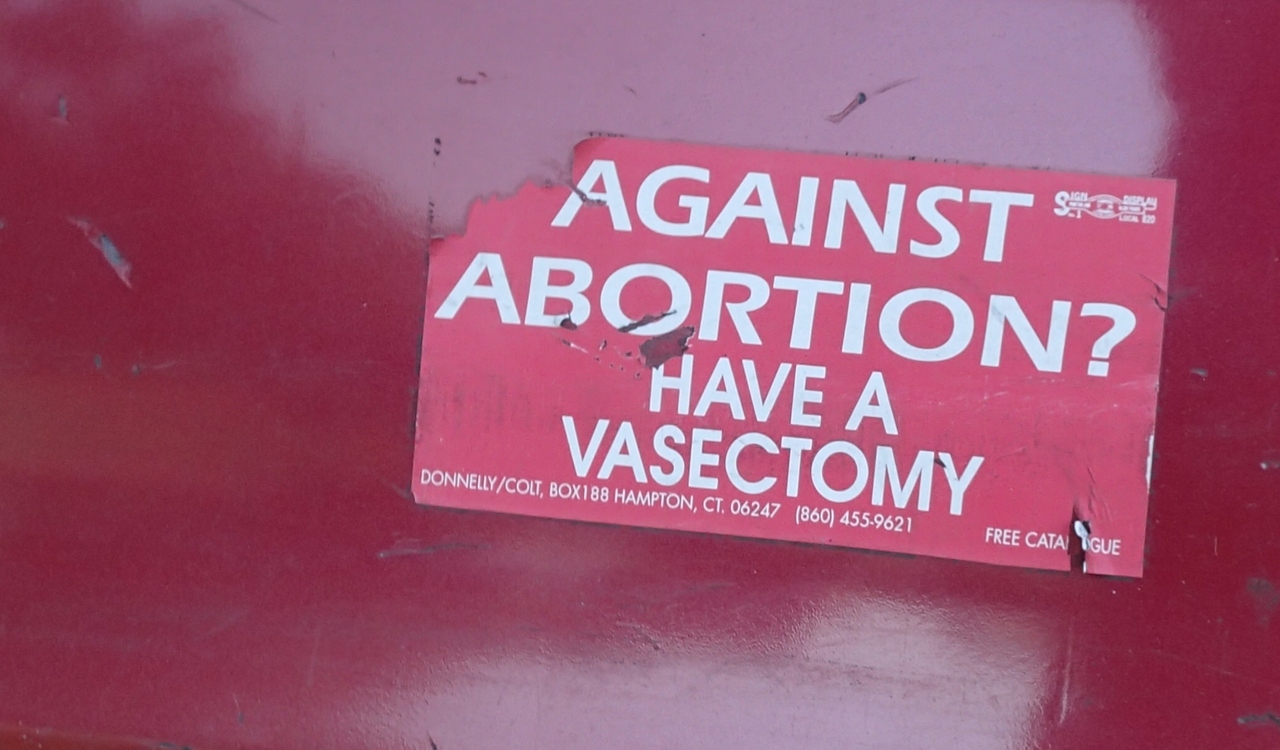Readers with an interest in antinatalism should take note of a new essay by David Benatar, “The Misanthropic Argument for Anti-natalism”1 is this edited volume:
Benatar is noted as the author of Better Never to Have Been (“BNTHB”), a book-length argument for a position that has been characterized by philanthropic antinatalism, that is, the view that coming into existence inflicts grave harms on whoever comes into existence. If you care about people — the assumption that you do care about people is the philanthropic part — then you’ll refrain from inflicting harm on new people by bringing them into existence.
The misanthropic argument for antinatalism focuses by way of contrast on the suffering that human beings inevitably inflict upon sentient beings. This argument doesn’t rely on fear or hatred of human beings as such (so perhaps “misanthropic” is a slight misnomer), but rather on a clear-eyed acknowledgement of unpleasant facts about people as they really are.
Like many of the better attempts at moral entrepreneurship this essay is short on technical development and long on empirical detail (a point of some contrast with BNTHB). The philosophical part of the argument is simply this (Locs. 902-6):
- We have a (presumptive) duty to desist from bringing into existence new members of species that cause (and will likely continue to cause) vast amounts of pain, suffering, and death.
- Humans cause vast amounts of pain, suffering, and death.
- Therefore, we have a (presumptive) duty to desist from bringing new humans into existence.
To sharpen an example an example which Benatar himself offers (Loc. 1231), if it’s wrong to create and release a new kind of plague virus into the world, then it’s wrong in the same way and for the same reason to create and release new human beings into the world.
The meat of the essay is a catalog of the hideous crimes human beings have perpetrated and continue to perpetrate. That we are profoundly hideous to one another is no secret to any well-informed person. Bentar emphasizes especially how vile we can be as collectivities, acting as mobs or under the authority of rulers.2 (This last is a point which cannot be overemphasized, which is why I think that one cannot claim to be a well-informed person without having read books like Timothy Snyder’s Bloodlands, which chronicles atrocities so vast as to defy the imagination, and yet which took place well within the lives of people now living as I write these words.) Benatar does not limit himself to a discussion of suffering humans cause to other humans, however. He understands the importance of animal suffering as well (something properly emphasized, albeit to a different intellectual end, by John Zande). Benatar outlines for the reader the profound suffering inflicted annually on billions of non-human animals by humans as they are created or used for food, have their habitats destroyed, etc.
Is it all bleak? Well, perhaps only mostly. There are people who do things that relieve suffering and improve sentient existence, although as Benatar notes these appear to be only a few exceptional people — artists, scientists, and engineers, I guess — who work at the outer limits of the capacities. Most of us simply live lives of consumption and diversion with pursuits and entertainments of depressing triviality.3 The odds would not seem to favor any give new person put into the world’s being a significant benefit rather than a burden. Or perhaps things are getting better and the future will be great — a paradise of peace, cooperation, and veganism. Perhaps, though it is more realistic to look forward to a twenty-first century of man-made ecological catastrophe and war.4 I know which way I think a rational person should bet, anyway.
—
1For the purists out there, here is the citation: David Benatar, “The Misanthropic Argument for Anti-natalism,” in Sarah Hannan, Samantha Brennan, and Richard Vernon, eds., Permissible Progeny? The Morality of Procreation and Parenting. (New York and Oxford: Oxford University Press, 2015)., 34-64. And a personal grump I should note that Oxford University Press is selling the hardcover of this edited volume for USD 99.00 (and the softcover for USD 35.00). Great Cthulhu, OUP! Your presumptive mission as a university press is to spread knowledge. At those prices, you won’t be spreading it very far. Not that it saved me a whole lot of money, but I acquired the Kindle e-book edition of this book, which lacks page numbers. Any references in this post will therefore be to Kindle reading locations. Back to post.
2Cf. Nietzsche: “Der Irrsinn ist bei Einzelnen etwas Seltenes, – aber bei Gruppen, Parteien, Völkern, Zeiten die Regel.” Jenseits von Gut und Böse, #156 (Madness is something rare in individuals but it is the rule in groups, parties, peoples, and ages.) Back to post.
3Do not think, dear reader, that I exempt myself from this charge of being depressingly trivial. Back to post.
4In his latest book Black Earth: The Holocaust as History and Warning, Timothy Snyder devotes a sobering final chapter to speculation as to how disruptions created by anthropogenic climate change might lead to a new era of genocidal killing in the 21st century. Although Professor Snyder never mentions it, the bleak prospects of the next several decades seem like a pretty good argument for early 21st-century antinatalism. Back to post.

